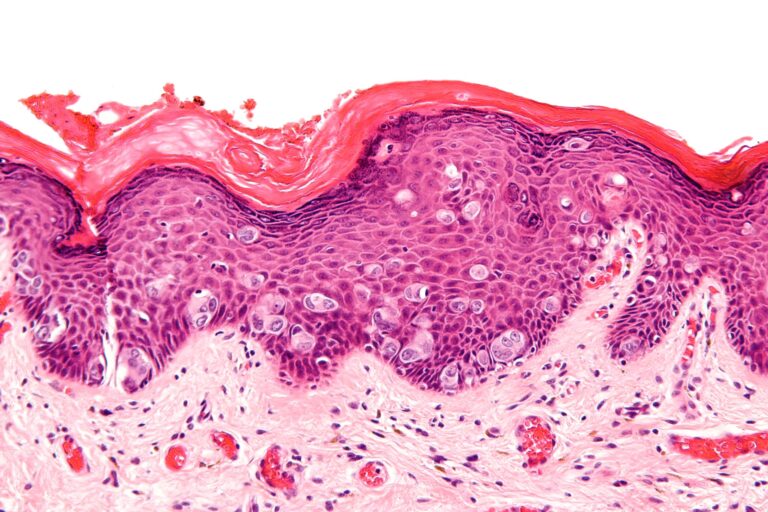The vulva is subjected to many skin conditions and eczema is a common one. A number of women usually think that vulvar itching is always a yeast infection. It may be, however, irritation or itchy vaginal rash can be caused by eczema. Here, you’ll explore more on what is vulvar eczema, causes, symptoms and diagnosis, treatments and more
To begin the discussion, let us understand what is a vulva. Good, this is a general name that refers to all external parts of the female genitals. It includes the mons pubis, labia majora, labia minora, clitoris, vulva vestibule, and urethra. Now, what is vulvar eczema or vulva dermatitis?
Well, this is non-infectious inflammatory skin conditions characterized by red, dry and vaginal itching. It can affect anywhere in the body including the vulva. It can occur specifically in the vulva or may be part of eczema that has expanded from other parts. Vulva dermatitis can also be acute or chronic relying on the underlying causes.
Usually, vulva tissue is more permeable than the exposed skin due to variance in the structure, hydration, and vulnerability to friction. Again, vulva skin is also very vulnerable to allergens. This can begin in childhood and vanish or persist into adulthood.
Types
They can be categorized into two major groups. This category depends on the root of the problem. Let us explore the type of dermatitis vulvar below:
Allergic (endogenous) Eczema
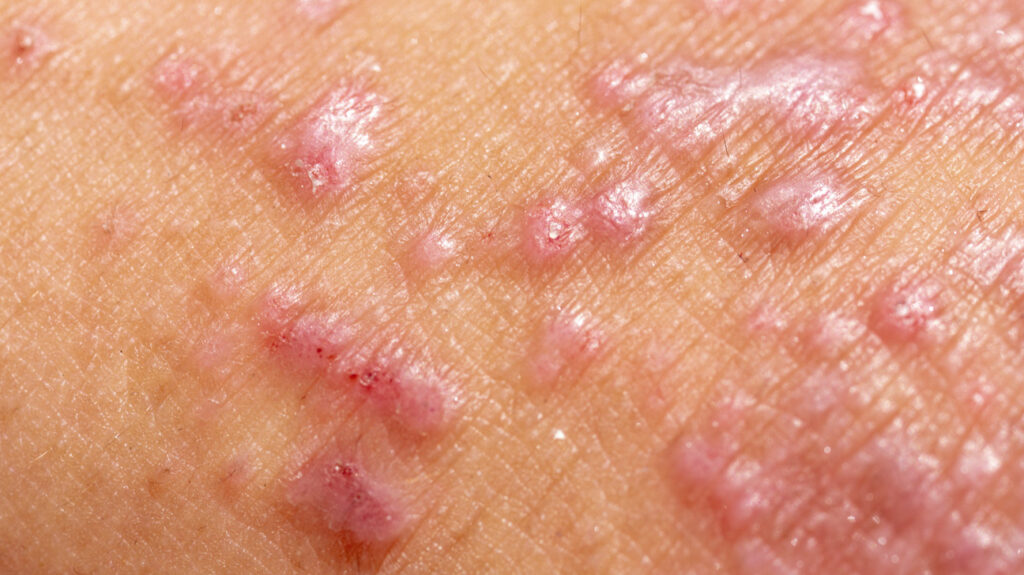
This kind tends to run in family (controlled in genetics) and it usually begins in childhood and itching is a key symptom. In this case, the involved allergens trigger an immune response that causes itching rashes. According to katha-soma.com, “Eczema is thought to be mediated by TH2 cells, a subset of immune cells which are responsible for allergic responses to environmental allergens.”
Exogenous
Exogenous eczema usually occurs due to external factors i.e. irritants and allergens. This is also referred to as irritant or contact dermatitis. This is usually caused by external factors such as harsh soaps, feminine products, toilet papers and more.
Vulval Eczema Causes
Eczema is a skin condition with no defined cause but it can be triggered by a combination of exposure to allergens and irritants and genetics that trigger vulvar pruritus, as well as burning and infection, are involved in this case, the microbes can act allergen or irritants as well. There are various causes that can result in vulva dermatitis. Here we go…
Allergens
To be clearer, I want us to understand this, common types of vulval or generally eczema are not allergies. However, this condition can come into being when one is exposed to triggers of allergic reactions. Your body’s immune system will overreact to these allergens which are actually not harmful. This will result in vulvar pruritus, swelling, reddening, and hives. Sneezing among other symptoms. Common allergens include:
- Pollen
- Pet dander
- Certain foods and medications
- Dust mites
- Insect bites
Irritants
There are also several substances that can irritate the vulva and thus be triggering vulva dermatitis. They can be external or internal factors. The vulvar irritation or vulvitis has a wide range of symptoms such as swelling, feminine itching, burning and redness among others.
Irritants to vulva can comprise of vulva sweat and vaginal discharge. More irritants include soaps, synthetic innerwear, perfumes, condoms, and spermicides, pant liners, bath additives, scented or colored toilet papers
Heat and friction

Things that produce and heat and friction can trigger irritation that may result in vulvar eczema as well. These include tight pants, G-strings, waxing, bicycling, too much sex or rough sex, shaving using razor among others. You should find alternative options to these substances to limit the vulnerability of developing vulva dermatitis.
Genetics
Medical studies have shown that if one or both parents suffer eczema, then their child is likely to experience the same condition. The child will more likely to have allergies or asthma and can easily suffer dermatitis vulvar. The scientific researchers are still studying the link between genetic and eczema and successful results help a lot in managing this health condition.
Hormonal imbalances or changes – during pregnancy
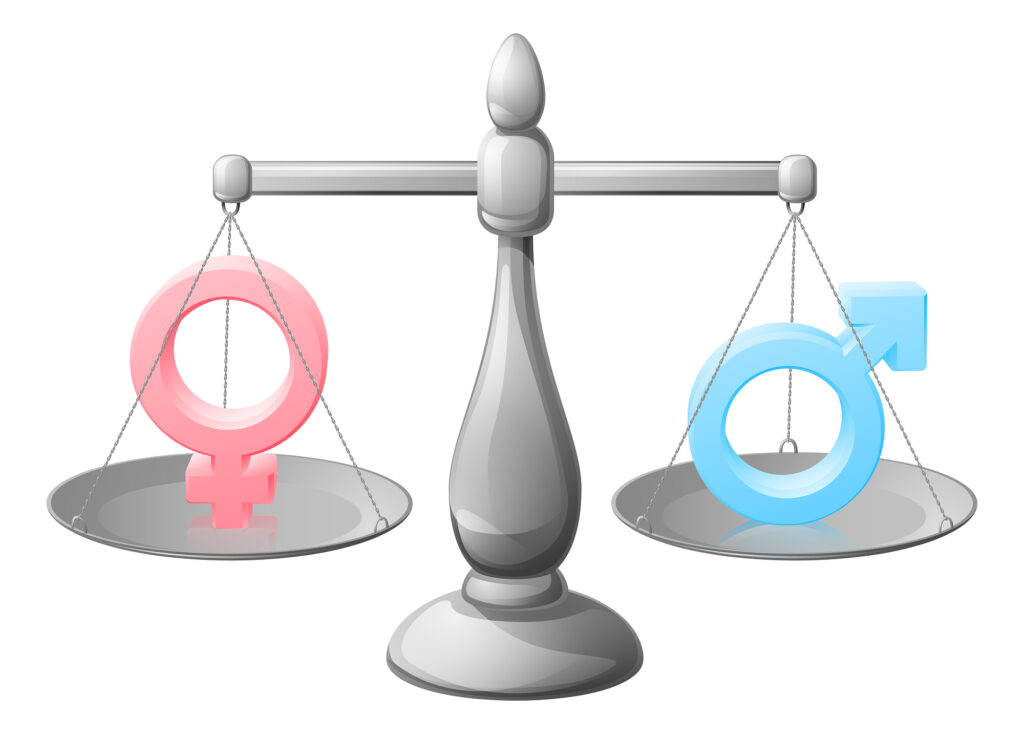
According to Dr. Anjali Mahto, consultant dermatologist, and British Skin Foundation spokesperson, “Hormonal changes can cause flare-ups of eczema but the exact mechanism behind this is poorly understood.” Usually, when certain hormones increase or decrease, flare-ups are noticed in some individuals. This is common during puberty, periods, pregnancy and menopause.
Hormonal disorders can also be affected by certain foods that increase the blood sugar level, certain medications or even underlying diseases.
Hot and cold temperatures
Weather is another major factor that can lead to dermatitis vulvar. To many individuals, extreme cold can cause breakouts since the skin gets too dry. “When your skin gets too dry, it can easily become brittle, scaly, rough, or tight, which can lead to an eczema flare-up.”
On the other side, hot weather can lead to vulva sweating and sweat can easily irritate the vulva skin. In both cases, moisturizers and humidifiers are very significant.
Microbes- Bacteria, Virus, and Fungi
Bacteria, fungi or viruses can also be considered as irritants to the vulva and can trigger eczema. The infections, in this case, are not really focused on but the presence of these microbes here is what may trigger it. Infections will most of the time aggravate the eczema breakouts.
Stress and Vulva Dermatitis

Stress is known to trigger many skin condition eczema not excluded. Stress can lead to a decrease or increase in levels of certain hormones and this can trigger it. To many people, the symptoms of eczema usually aggravate when they have stress. Some people also get stressed if they discovered they have this skin condition and this can worsen the situation. See your GP to discover how to manage stress.
Signs and symptoms
There are many causes of eczema and so do the symptoms. The symptoms as we had said, can be acute or can persist relying on the triggers. Such symptoms also depend on the age of the victim. These symptoms will definitely dictate the type of treatment to be employed. Apart from the common symptom of eczema that is red itchy skin, there are more than can be mentioned in this category. Below is the comprehensive list:
- Vulvar irritation and redness
- Swelling and tendering of Vulval skin
- Vulva dysuria
- Thin cracks
- Weeping and crust formation on the vulva
- Scratching of the vulva that can be embarrassing
- Stinging and burning sensation
- Pus-filled blisters when the eczema breakout get infected
- Red patches
Sometimes, the symptoms can also lead to complications, such as bleeding due to extreme scratching, pain or irritation of the vulva sores during sex, secondary infections, difficulty in walking, persistent scratching triggering stress and more. More importantly, eczema can be a symptom of veiled serious diseases and on such occasions, the symptoms may be worse than expected.
A correct diagnosis should be done for better treatment.
Testing and diagnosis
The test for vulva eczema is not a one-time-blink process. The medical expert needs to examine the patient several times for the most accurate diagnosis. This is due to the fact that some patients experienced combinations of symptoms that often vary in their brutality with time.
The diagnosis here is focused on the underlying symptoms and the medical history of the patient. Your doctor will ask you about the family history, exposure to allergen and irritant, whether you wear things causing heat and friction. They will also need to know if you suffer atopic diseases such as asthma or hay fever. Moreover, past skin treatments, your eczema diet may also be considered too.
Skin allergy test may also be done, this involves patch testing and skin prick testing. In short, we don’t have a specific test that is applied to diagnose eczema, it involves many factors. After a successful test, your doctor may refer you to a qualified allergist or dermatologist.
How to treat vulva eczema – home remedies and treatments
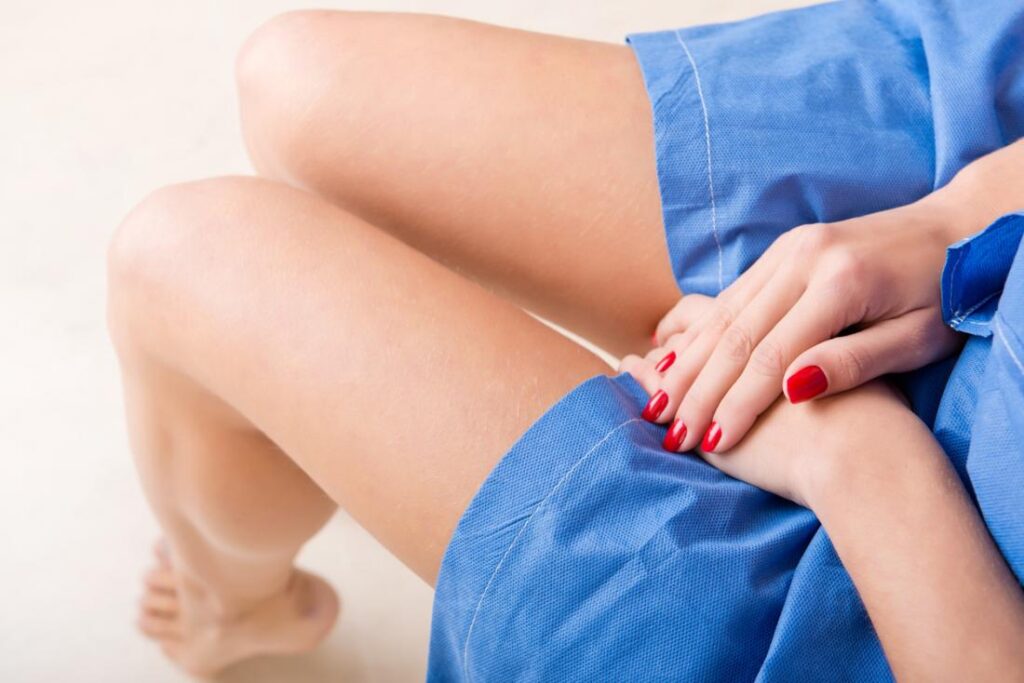
Can it be treated? Unfortunately, there is no cure for eczema. When treating this condition, the main focus should be to heal to injured skin and limit the symptoms from aggravating. The treatment plan must also consider the victim’s age, the severity of the symptoms and the current state of health conditions.
Another thing we must consider about eczema is that, for some individuals, it can vanish of their own although, it may be a lifetime problem. There are a number of things that people suffering from eczema can do to manage this condition. They include medical and home treatments.
Medications for vulva eczema
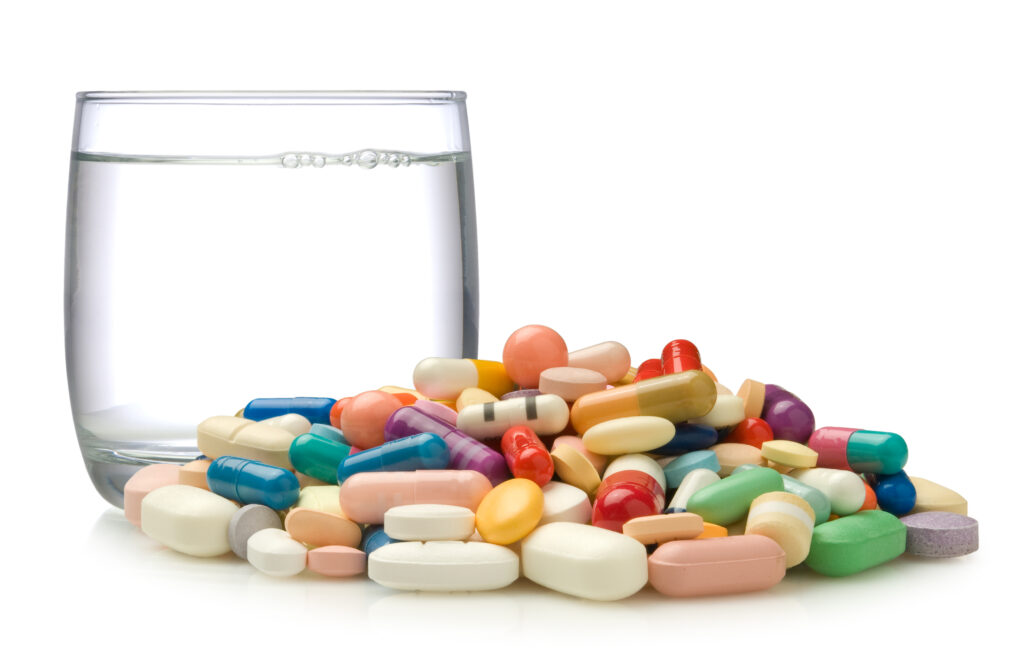
There are several medications that the doctor can prescribe to alleviate the vulva dermatitis symptoms. Read about to discover more here.
- Antibiotics- there topical and oral antibiotics that can be administered to relieve it. They treat eczema triggered by bacterial infections.
- Topical corticosteroids and ointments- these are anti-inflammatory medications that combat eczema symptoms including vulvar itching and inflammation.
- Systemic corticosteroids- when the topical corticosteroids do not bear fruitful results, the systemic corticosteroids can be taken orally or by injection as a complex treatment
- Antihistamines- this is the best treatment for allergies.
- Immune suppressants medicines- this is drugs that suppress the functions of the body immune system and thus relieve inflammation and get rid of the flare-ups
- Phototherapy- in extreme cases, phototherapy can also be applied. It involves affected skin being exposed ultraviolet A or B waves or combined. During the whole exercise, the skin should be monitored by a medical expert.
Home remedies
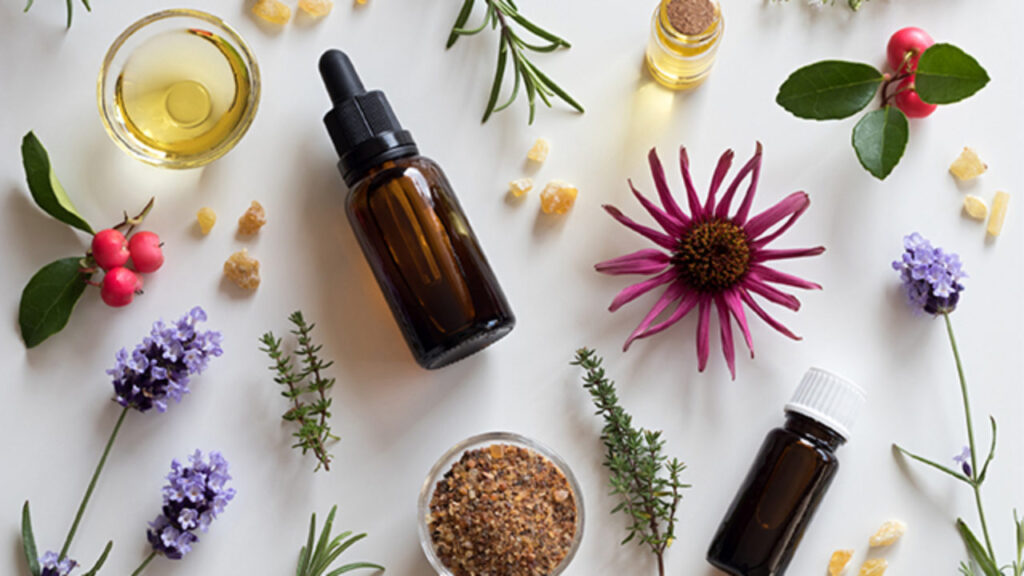
There are also many home remedies that can help treat or relieve the symptoms of eczema. Read below to see some of the very important remedies that have best tested and proved. They include:
- Bathing regularly using warm water
- Moisturizing your vulva skin regular especially after bathing
- Make sure you wear cotton and fabric and avoid irritating underwear
- Consult your doctor for mild soap or non-perfumed bath soaps
- Refraining from scratching but rather patting with a dry towel after taking a shower
- Identify eczema causes and then avoid them
- Implement the use of a humidifier or prefer cold weather
- Make sure your nail fingers are cut short to prevent scratching
- Try to limit activities that can trigger intense sweating
- Keep the vulva area clean to avoid infections or you should be rid of the discharges in a healthy manner to avoid irritations
- Use natural remedies such as Aloe Vera, baking soda, essential oils to relieve inflammation and avoid infections
- Trim the pubic hair short to avoid irritation from curled hair
As we summarize, we already aware that currently eczema is not curable but strategies should be laid out to relieve each case. Symptoms that cannot be managed using home remedies or OTC drugs should be considered severe. See your doctor for advanced treatment. Remember even the healed skin should be closely monitored as well, they can easily get irritated again and result in eczema breakout once again.
